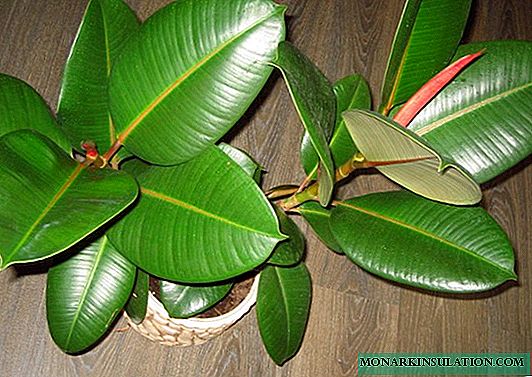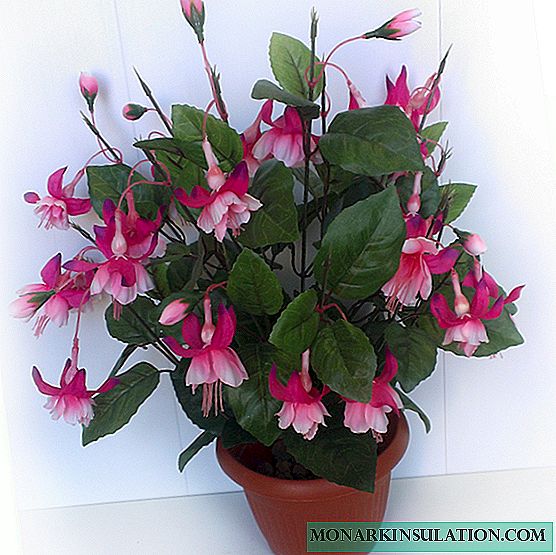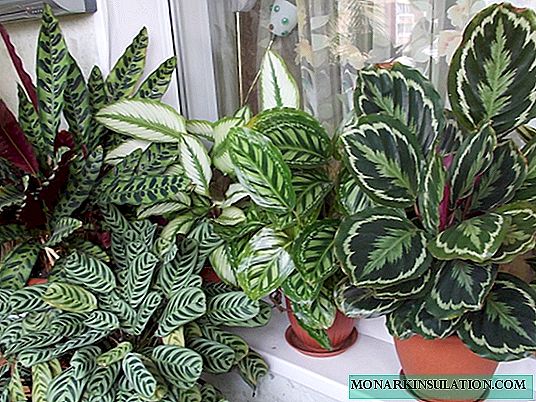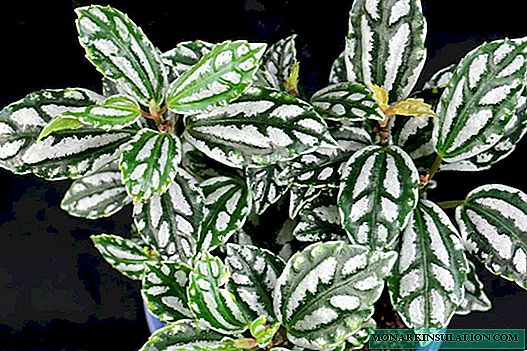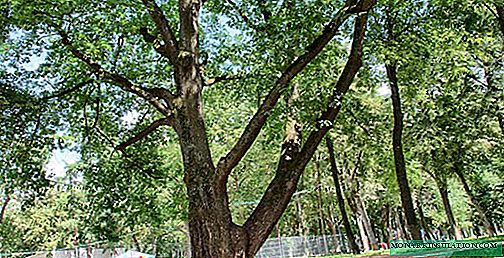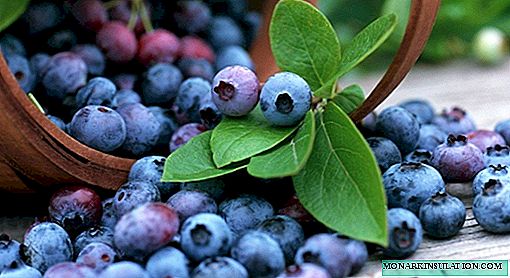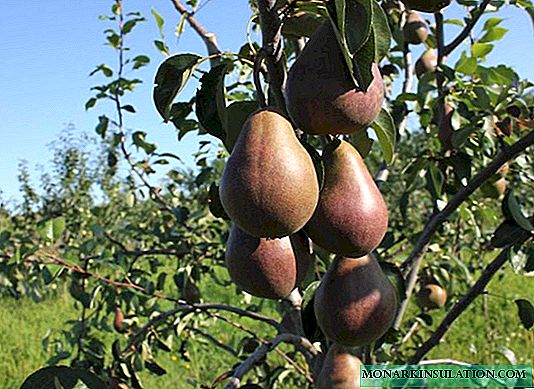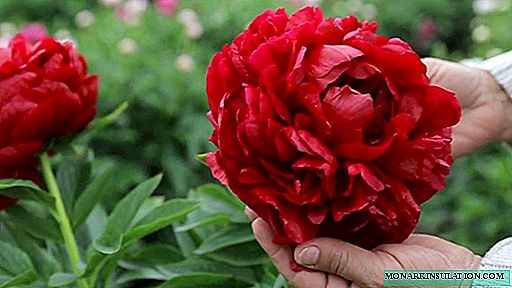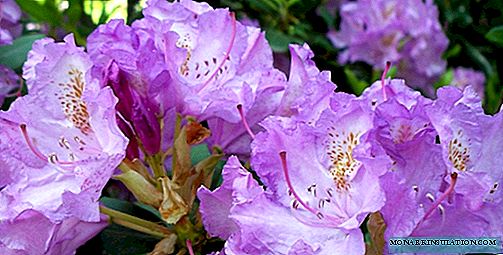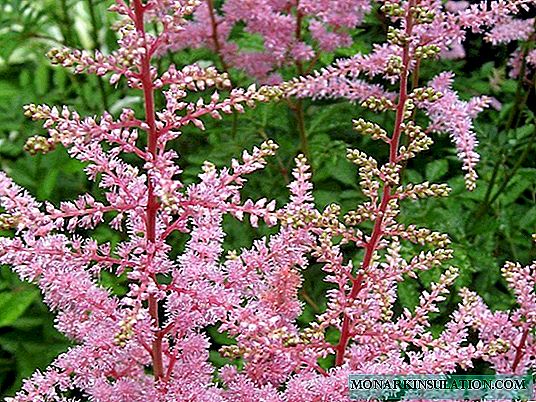
Walking along a shady alley in the park, you probably saw tall plants with small inflorescences, forming many lush, sprawling twigs. This astilbe is a beautiful plant that landscape designers appreciate for its unpretentiousness and luxurious appearance.
Where does the plant look best
In the wild, astilbe can be found in dense deciduous forests and along the banks of reservoirs. It perfectly tolerates moderately moist soil and shaded areas, which allows you to plant this plant near an artificial lake and in gardens with tall trees and shrubs.





This amazing plant, in addition to luxurious forms, also has several colors, which allows you to decorate almost any flowerbed or lawn in various styles and directions. The range of shades of astilbe is small:
- white
- soft peach
- pink
- lilac
- rich scarlet.
But this does not bother the landscape designers who invariably use the plant in their projects.





Here are some options for planting with the participation of this flower, as well as a combination of astilbe with other plants.
Astilba on roadside flower beds and borders
A tall fluffy astilbe planted along garden paths looks spectacular and original both in company with other flowers and shrubs, and among plantings consisting exclusively of its different subspecies and varieties.





Astilba in mixborders
Spreading panicles of astilbe effectively complement flower and shrub cultures in mixed compositions.





A few more examples of the use of astilbe of different varieties and hybrids in landscape design.





As mentioned earlier, astilba loves moist soil and therefore it can be planted near small ponds.



Designing the landscape, it is necessary to take into account the compatibility of plants. Astilbe are especially expressive in tandem with hosta, barberry, spirea, fern and juniper.
Astilbe bushes near the trees
Astilbe look advantageous in the shadow of the crown of large deciduous and coniferous trees, against the background of large and medium-sized shrubs.





Astilbe and hosts
High slender astilbes combine well with hosts that have broad bright leaves. These plants complement each other very favorably.





Juniper Tandem
Against the background of coniferous juniper, the astilbe looks especially elegant, attracting the eye and being a bright accent in the composition.




Examples of registration of naturgardens and park areas.






Astilba is one of those flowering perennials that does not require complicated maintenance and, most importantly, is able to survive the cold winters in the open ground. No wonder this beautiful plant is deservedly popular among gardeners and landscape designers.

